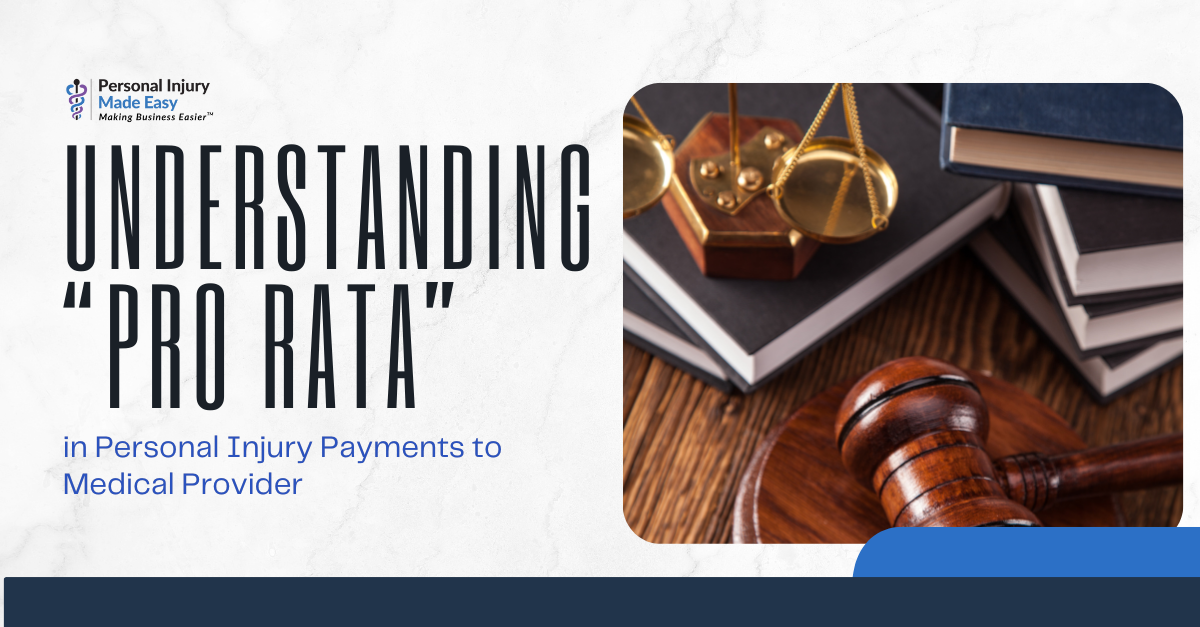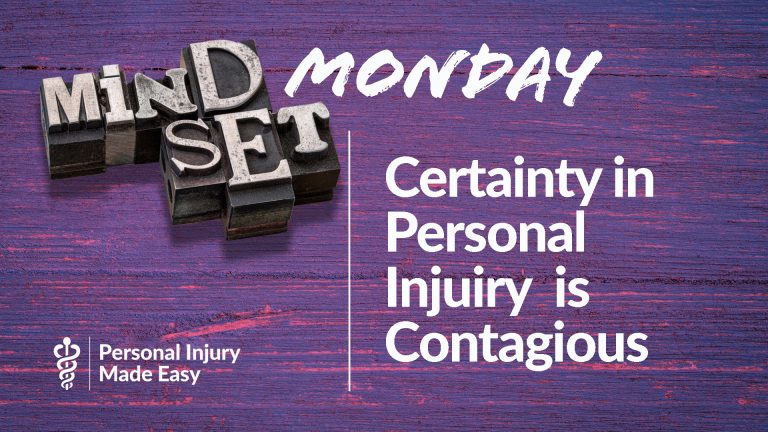
Rethink Attorney Fee Arrangements Before They Drain Your Practice
Avoiding the Hourly Fee Trap Anywhere You Can
Let’s be clear: never hire an hourly attorney, at least not without serious safeguards.
It’s a bold statement, yes. But for medical business owners navigating regulatory compliance, licensing, employment, privacy, and complex business structuring, unrestricted hourly billing is one of the most financially dangerous arrangements you can make.
Let’s break down why.
Time Isn’t Always Money; Sometimes It’s Just Expensive
The hourly billing model is fundamentally flawed. Why? Because the longer it takes your attorney to complete something, the more you pay.
That’s not just a bad incentive, it’s a broken system.
Here is a simple example: You receive a one-paragraph email update confirming a meeting. Nothing changed. No decisions were made. Yet you’re billed best case 0.1 hours (6 minutes); worst case 0.3 hours (18 minutes). That’s for something that took under a minute for the attorney to do.
This is standard in many law firms.
Minimum billing increments (0.1, 0.2, or 0.3) pad billings while creating the illusion of accuracy.
Here’s an old joke to bring the point home:
St Peter meets him at the pearly gates. The lawyer is impressed, but asks “Are you sure it is my time? I’m not that old?”
St Peter says “What do you mean? You’re 86 years old.”
The lawyer says “No I’m not…I’m only 58. Why do you think I’m 86?”
St Peter says “Well, we just added up all of the hours you’ve billed to your clients.”
Tip: Negotiate this out. Require billing based on actual time and by the actual person. A minute should be a minute, not six.
You’re Paying for the Learning Curve
Hourly billing doesn’t just reward inefficiency. It often hides inexperience.
Say you’re paying $600/hour, fairly average for an experienced attorney at a mid-sized urban business firm. Now ask: Is this attorney a true specialist in exactly the area of your legal need?
If not, you’re not just paying for advice. You’re funding their education.
Medical businesses have unique legal needs, including:
- Licensing & compliance
- Multi-practitioner structuring
- HIPAA, No Surprises Act, and other regulations
- Employment law tailored to clinical staff
- Complex billing structures and insurance issues
- Contracts with law firms, vendors, facilities, and partners
Even attorneys who “focus on medical” may only specialize in one sliver of that. When they research, double-check, or “run it by someone,” you get billed.
Double Billing, Triple Trouble
Here’s what often happens with some larger law firms behind the scenes:
- A junior associate drafts the document
- A senior attorney reviews it
- A partner “edits and signs off”
All three-bill time, for the same document.
You’re not paying for legal work. You’re underwriting a legal assembly line.
Wins Blur the Misses
A law firm may impress you once with fast action, a nice win, a contract quickly drafted. That’s your jackpot moment.
But if you’re not reviewing performance of the attorney or law firm as a whole as well as the dozens of padded emails, internal memos, and vague time entries, you’re missing the financial hemorrhage.
Like a slot machine, one win can make you forget 83 losses.
Watch the Retainer, and the Fine Print
Most clients make their biggest mistake before work even begins: They don’t scrutinize the law firm retainer agreement.
They accept vague, boilerplate language that says:
“We can bill for anything and everything” (and now you’ve agreed to it)
Even worse? Verbal assurances from attorneys about discounts, caps, or performance promises aren’t enforceable unless they’re in the agreement itself. As those retainers include language like:
“No oral statements, promises or agreements are binding unless included herein.”
If it’s not in writing, it doesn’t exist.
Smarter Legal Fee Strategies
If the hourly model is flawed, what’s the alternative? Here are some to potentially explore:
- Flat Fees for Defined Tasks
Request fixed pricing for repeatable actions like contracts, compliance letters, court appearances, and motion responses.
You can also tier the pricing by complexity: standard or complex.
- No-Charge Zones
Negotiate zero billing for brief updates, internal memos, or short calls.
This avoids discouraging client communication and eliminates unnecessary charges.
- Blended Models
Offer a lower hourly rate with performance bonuses tied to results. An hourly fee/contingency fee blend.
This aligns your interests with attorney incentives.
- Hire Specialists, Not Generalists
Don’t pay general business attorneys to “figure it out.” Hire legal professionals who already live in your regulatory and Medi-legal world.
Also remember, just because a firm is great at one type of law doesn’t mean they’re great at others. That’s the problem the larger the law firm: they promote as if they are top tier at every legal practice segment, when they almost certainly are not.
Be issue-specific in your selection.
Bonus: Law firms often have wide networks. Working with several specialized firms expands your industry and influencer access.
Address AI Use Directly
Law firms today increasingly use AI for drafting documents and correspondence, reviewing and summarizing voluminous records, and even generating motions.
But how many are reducing their billed hours accordingly?
Exactly.
So don’t ignore AI, demand its use and you benefitting from it.
- Ask how the firm uses AI
- Require time reductions for AI-assisted tasks
- Add provisions banning inflated billing for AI-generated work
- Make AI-use and pricing transparency part of your engagement agreement
Why pay for 10 hours of work that took the software less than a minute to create and the attorney 1 hour to review and tweak?
Conduct Bill Audits & Negotiate Payments
Engage a legal billing consultant or CPA with experience reviewing law firm invoices. Let your law firm know you’ll be conducting periodic audits, and expect answers.
You’ll be amazed at what shows up and also what prior notice can prevent. Even if technically compliant, many entries reveal inefficient, duplicative, unnecessary or padded work.
Tip: Always review and question bills.
Law firms, like all service businesses, prefer keeping clients quiet and happy. If you push back professionally, most will offer discounts, write-offs, or adjustments to keep your business for the longer-term, as well as the desire to avoid negative online reviews.
Your Legal Strategy Should Reflect Your Business Standards
As a medical practice owner, you track metrics, optimize efficiency, and protect margins. Why would you accept less from your attorney?
- You can ask questions
- You can negotiate
- You can amend contracts
- You can walk away
The wrong attorney, and the wrong billing structure, can cost you money, momentum, and missed opportunity.
Closing Thought: Buy Wisdom, Not Time
You’re not paying for hours. You’re paying for judgment. You’re buying peace of mind. You’re investing in someone who protects your interests, and doesn’t gouge your trust.
So, the next time a law firm hands you a retainer with a sky-high hourly rate, think twice.
- Clarify their specialty
- Ask about AI use
- Remove minimum billing increments
- Get promises in writing
- Tie pay to performance
- Review every invoice
- Never accept inefficiency, time inflation, or double billing
- Negotiate the bills you receive, asking to pay less
Because this isn’t just legal spend. This is your business. And it’s time to protect it like one.

















